Speakers, Chairman and other offices of the Parliament
Presiding officers of the Parliament: Both houses of the Parliament have a presiding officer; the Lok Sabha has a Speaker as the principal presiding officer and a deputy speaker to assist him/her and preside over the chair in his/her absence. Similarly, the Rajya Sabha is presided over by the Chairman (Chairperson) and assisted by the…

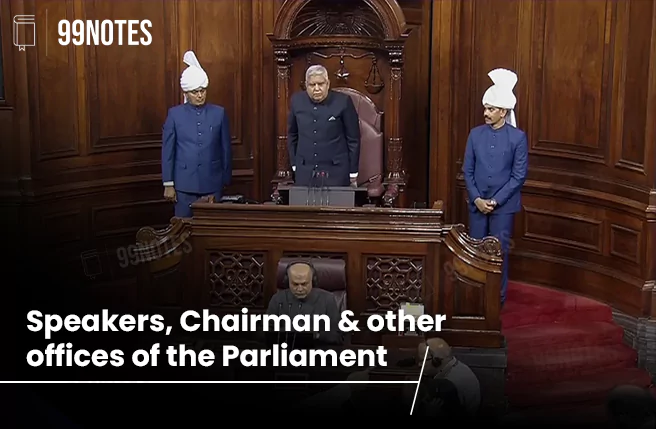
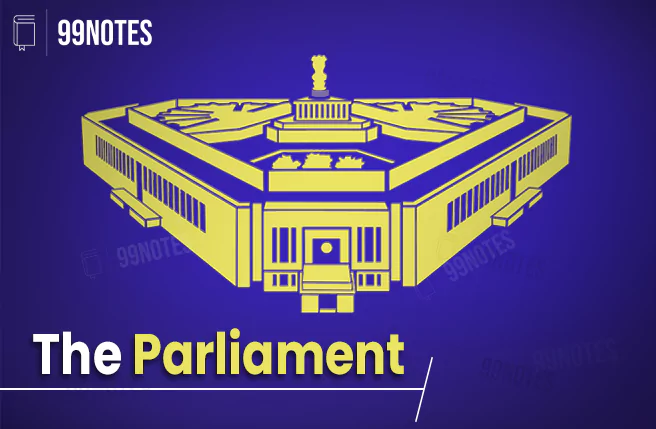
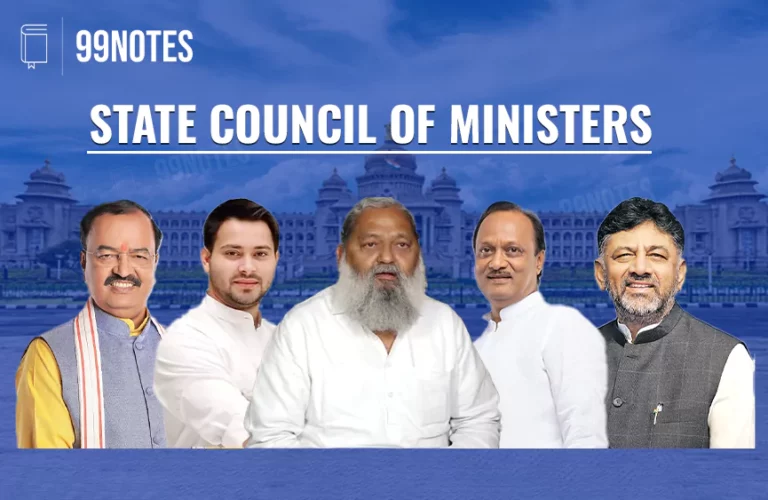
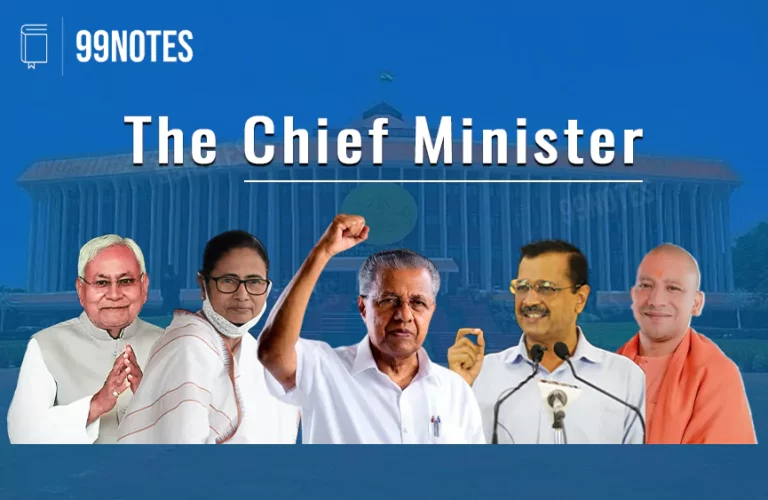
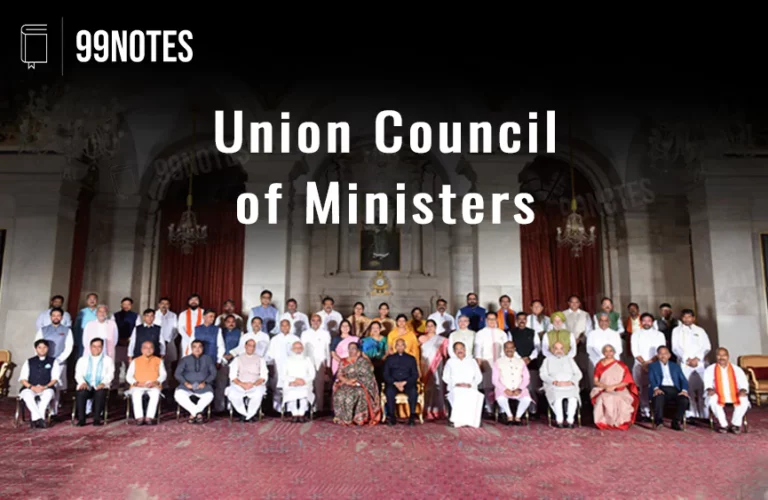
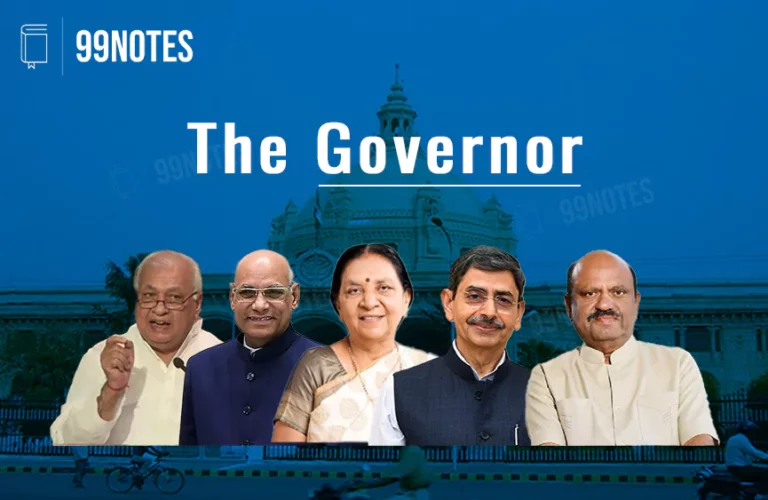
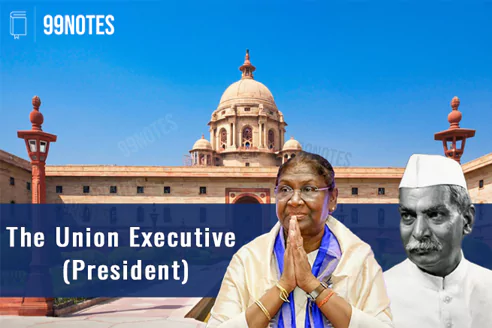
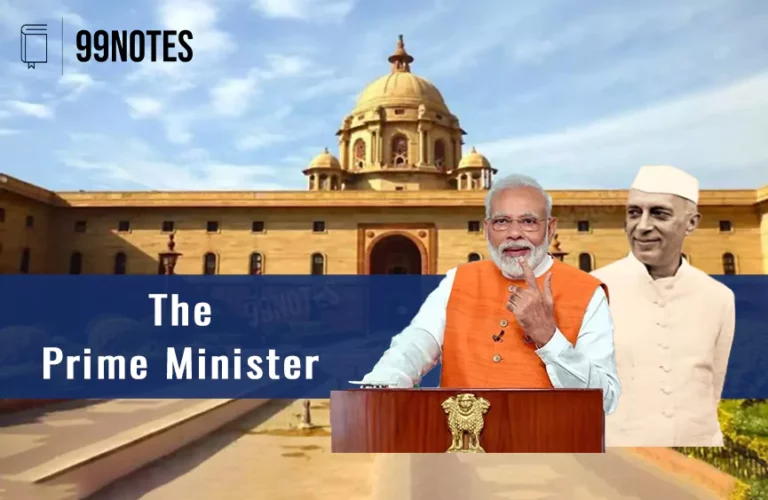
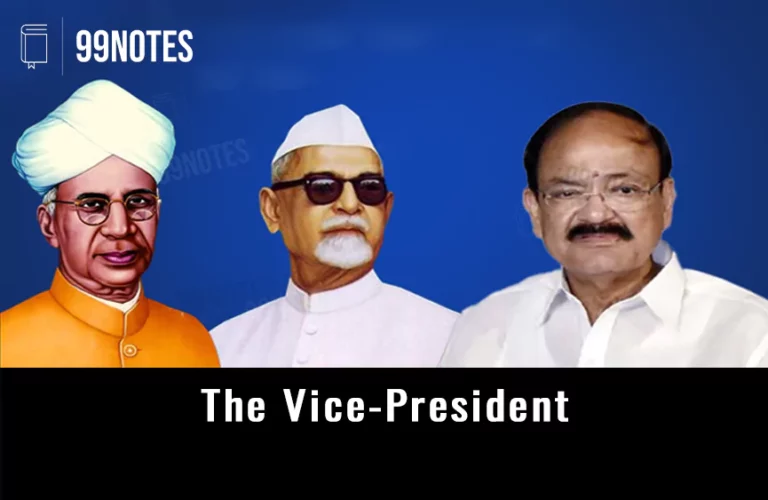
![Salient Features Of Indian Constitution [Upsc Notes] | Updated February 21, 2026 Salient Features Of Indian Constitution [Upsc Notes]](https://99notes.in/wp-content/uploads/2023/08/salient-features-of-indian-constitution-banner-99notes-upsc-654cce9bf3d76.webp)